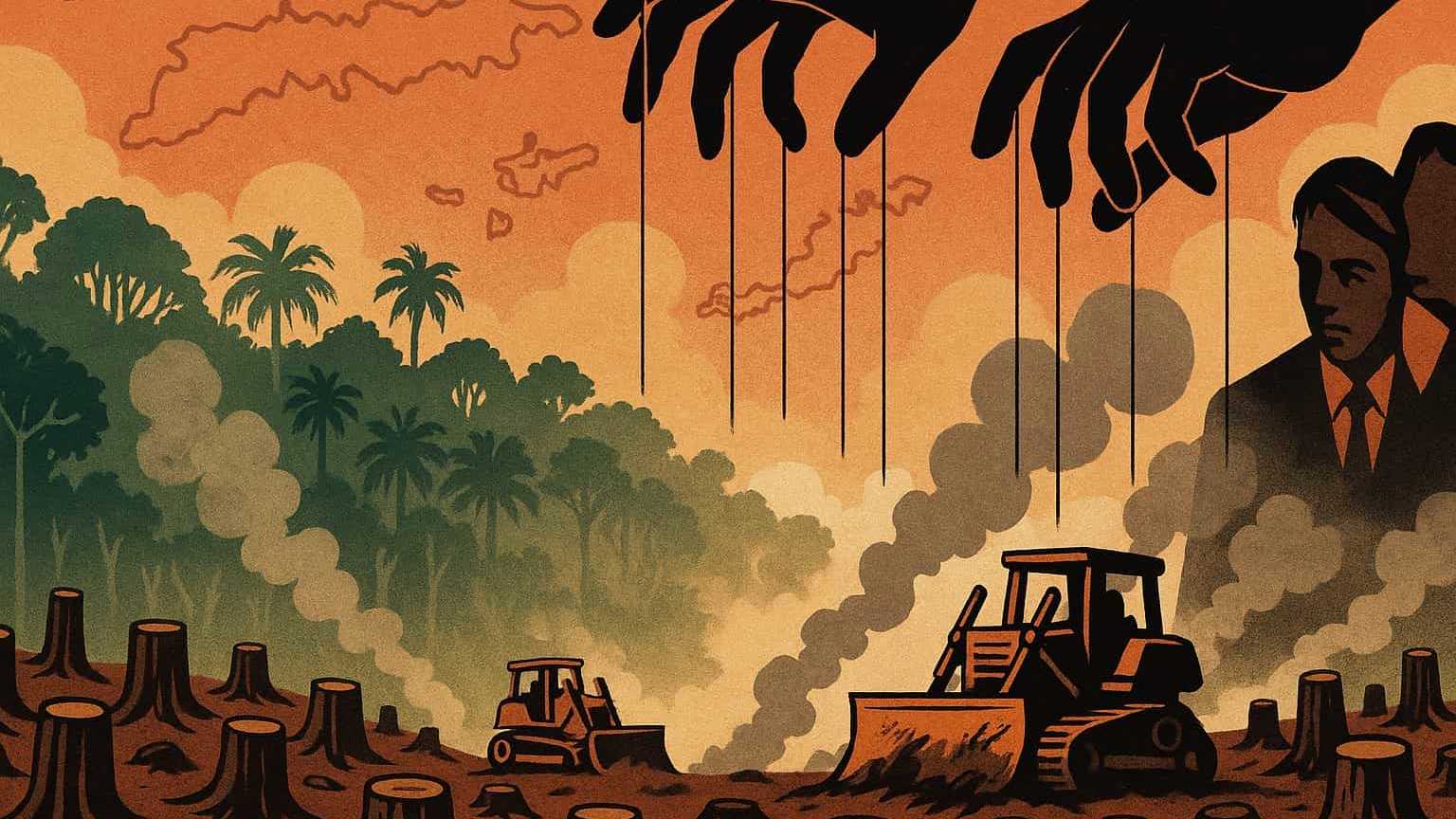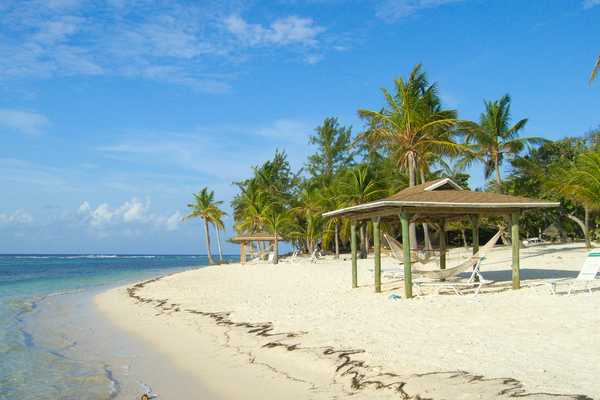The British Virgin Islands is facing intensifying criticism from UK politicians and transparency watchdogs over its plans to share information about company ownership, in a wrangle that could have significant implications for rainforests on the other side of the world.
The BVI and other British Overseas Territories have long served as “secrecy jurisdictions”, allowing tax-dodgers and criminals to hide their assets. In response to pressure from the UK government, the BVI had agreed to make a register of companies’ owners available to those with a “legitimate interest” by June.
But today, politicians and nonprofits said that the BVI has failed to meet the deadline, highlighting multiple flaws in the BVI’s recently announced plans.
The UK Anti-Corruption Coalition and seven other campaign groups warned that the BVI’s new regime would not help tackle money-laundering, and would put journalists and civil society groups at risk.
In a statement, the groups said by failing to meet the deadline the BVI had defied the will of the UK parliament, and that if it continued to do so “the Government should be prepared to escalate its response.” They added that the UK government should be prepared to use all legal and constitutional options at its disposal to ensure that the BVI delivers on its commitments in full and without delay.
“It is hugely disappointing that the BVI and some other Overseas Territories have missed yet another deadline to tackle economic crime with accessible corporate registers that would help to follow the money,” said Joe Powell, an MP who chairs an all-party parliamentary group on anti-corruption and responsible tax.
“The Government must now be clear that broken promises will have consequences, and urge Overseas Territories lagging behind to urgently get their act together.”
The role the British Overseas Territories play in corruption and tax evasion is well documented. Transparency International UK has linked 237 major corruption cases to shell companies registered on these islands, inflicting £250 billion in economic damage.
But greater corporate transparency in the BVI could also help protect the world’s rainforests. For years, companies registered in the BVI have played a critical role in enabling large-scale deforestation in Indonesia, with the islands’ opaque transparency rules allowing the owners of Indonesia’s leading deforesters to operate in secret.
British politicians have recently drawn attention to this less-known component of tax havens. In April, citing The Gecko Project’s findings, a cross-party group of British MPs called for the UK to use its influence to increase financial transparency in the BVI.
In a letter to the minister responsible for UK policy towards its overseas territories, the MPs said that The Gecko Project’s research “reveals a disturbing pattern” that is leading to “the large-scale degradation of vital rainforests.” They urged the minister to press for change in the BVI, and recognise the environmental implications of failing to take action.
The Cayman Islands, another overseas territory and a notorious secrecy jurisdiction, set up a legitimate interest register earlier this year, although Transparency International UK has also highlighted problems with its approach. It remains unclear whether the territory will grant investigators access to information about the ownership of a giant wood pulp mill in Indonesian Borneo that NGOs have cited as a key threat to Indonesia’s remaining rainforests. The paper trail to the mill’s real owner ends in the Caymans.
If British MPs succeed in forcing the tax havens to act, it could mean the slow wheels of political pressure in a complex constitutional situation ultimately move faster than the sustainability schemes that are supposed to oversee the palm oil and timber sectors.
The Roundtable on Sustainable Palm Oil (RSPO) and Forest Stewardship Council (FSC) are both assessing allegations that major plantation firms are operating shadow companies, enabling them to clear rainforests while maintaining market access.
The FSC told The Gecko Project in mid-2024 that it had commissioned an independent review of the corporate structure of Royal Golden Eagle (RGE), a conglomerate that has allegedly controlled deforesting “shadow” companies. This year, the FSC stated that its review of RGE will not be completed until the end of this summer.
The RSPO has now been considering one complaint against a major palm oil producer, for allegedly controlling rainforest-clearing companies linking back to the BVI, for four years without a hint of resolution. Whether the RSPO shares the sense of urgency to deal with the “disturbing pattern” identified by UK MPs is an open question.
Four years in, it has told The Gecko Project over email that “a specific timeframe for the issuance of a decision cannot be provided.”
Will the BVI open its books before the RSPO and the FSC can make a decision? The clock is ticking.
Header image generated using ChatGPT (OpenAI, 2025).

